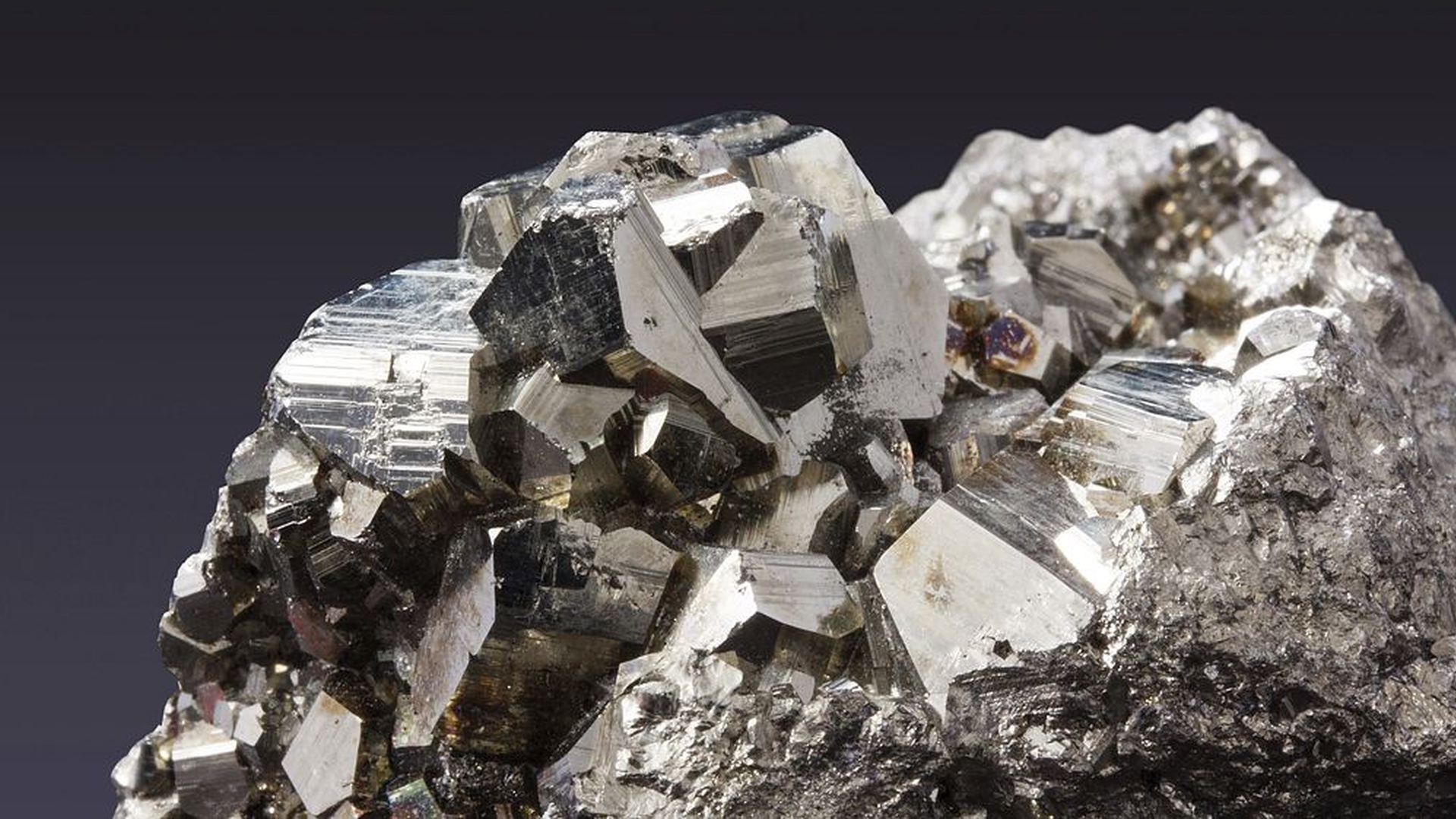

In a move set to reverberate across the global high-tech and defense sectors, China has discreetly issued its first batch of quotas for rare earth mining and smelting for 2025. According to a Reuters report, the internal directive, not publicly announced and delayed from its usual schedule, underscores Beijing’s unwavering control over these critical materials. Only two state-owned enterprises, China Rare Earth Group and China Northern Rare Earth Group High-Tech, are eligible to receive these quotas, further consolidating Beijing’s grip on the strategic sector. The allocation covers elements such as Lanthanum, Neodymium, Praseodymium, and Dysprosium, essential components for electric vehicles (EVs), wind turbines, sophisticated defense systems, and semiconductors.
China’s rare earth dominance is unparalleled, accounting for over 60% of global production and controlling nearly 90% of the world’s processing capacity. The quota system, initially introduced in 2006, serves as Beijing’s primary lever for regulating global supply, influencing market prices, and conserving domestic resources. The consolidation into just two state-backed giants reinforces a centralized, top-down approach, maximizing control and strategic leverage over the global supply chain. This latest issuance, notable for its quiet release and restricted recipients, signals a tightening of power and a potential shift in how Beijing manages this vital resource amidst evolving geopolitical landscapes. A proposed, though reportedly opposed, inclusion of imported rare earth ore into the quota system would further extend Beijing’s oversight, preventing circumvention through external sourcing.
This latest quota issuance aligns with China’s broader strategic motivations, particularly amid escalating geopolitical tensions with the United States and the European Union over technological sovereignty. Rare earths have long been viewed as a potent economic and political tool. A precedent was set in 2010 when China imposed significant export restrictions, leading to sharp price increases and prompting a successful challenge by the U.S., EU, and Japan at the World Trade Organization (WTO). The WTO ruled against China, compelling it to lift the restrictions in 2015. However, the episode highlighted Beijing’s willingness to use its leverage over rare earths.
Today, as global powers pursue “decoupling” strategies to reduce reliance on single-source suppliers of critical technologies, China’s calibrated control over rare earths positions it as a powerful trade policy tool. By managing supply through quotas, Beijing can influence global manufacturing costs, accelerate or hinder the development of green energy technologies abroad, and impact the production capabilities of defense contractors reliant on these materials.
The immediate implication of China’s opaque quota system is the inherent risk of price volatility and supply chain disruption. Industries heavily reliant on rare earths, such as the burgeoning electric vehicle market, the rapidly expanding wind energy sector, advanced electronics manufacturers, and defense contractors, face potential headwinds. A restricted or unpredictable supply directly impacts production costs and timelines, potentially slowing innovation and deployment of critical technologies.
Countries actively working to build independent rare-earth supply chains, including the United States, Australia, Canada, and the European Union, will feel this impact acutely. While these nations possess rare earth deposits, developing the necessary mining, processing, and refining infrastructure is capital-intensive and time-consuming. China’s continued control over global supply and pricing can undermine the economic viability of nascent non-Chinese operations, making it challenging for these aspiring players to compete and achieve self-sufficiency.
In response to China’s dominance in rare earths, global efforts to build supply chain resilience have intensified. Diversification of rare earth sources is a key strategy. Companies like Australia’s Lynas Rare Earths, the world’s only commercial producer of separated heavy rare earth products outside China, and U.S.-based MP Materials, operator of the Mountain Pass mine, are pivotal in establishing alternative supply routes. MP Materials, with Pentagon backing, is focused on restoring the full rare-earth supply chain in the United States.
Simultaneously, there is growing interest and investment in rare earth recycling and substitution technologies. Innovations in extracting rare earths from end-of-life products like magnets (e.g., through processes like Hydrogen Processing of Magnet Scrap, HPMS) and electronic waste are gaining traction. Biotechnological advancements are also exploring sustainable extraction methods and the potential for substitute materials.
Policy changes underscore this urgency. The U.S. CHIPS and Science Act, while primarily focused on semiconductors, emphasizes the importance of secure critical mineral supply chains, with new legislative proposals like the “Unearth America’s Future Act” targeting direct investment in domestic critical materials. Similarly, the EU’s Critical Raw Materials Act sets ambitious benchmarks for domestic extraction, processing, and recycling, while capping reliance on any single non-EU country for a strategic raw material at 65%.
The quiet issuance of China’s 2025 rare earth quotas serves as a stark reminder of the urgent need for alternative, resilient supply chains and closed-loop recycling systems. Equally critical are players focused on downstream recycling of rare earth-containing components from aerospace, defense, and telecom applications. Quest Metals, an emerging leader in advanced materials recovery, specializes in the reclamation of rare earths and strategic metals from industrial scrap, turbine blades, and high-performance magnets. By integrating proprietary separation methods and maintaining stringent material traceability, Quest Metals is helping build the backbone of the circular economy necessary to reduce foreign dependency. As supply risks rise, companies like Quest Metals offer manufacturers and governments alike a viable path toward both sustainability and supply security, turning waste streams into strategic reserves.